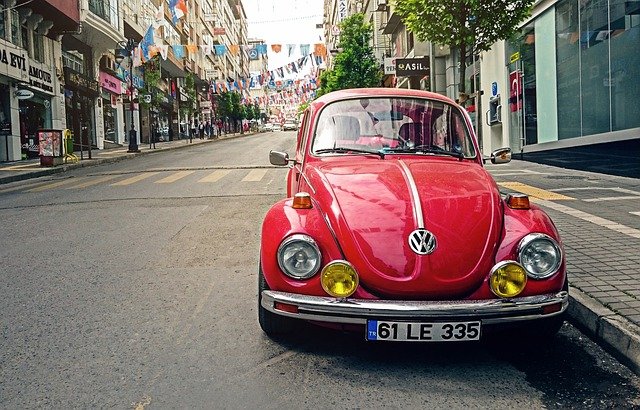A project in Spain is supplying an annual capacity of 74 million kilowatt-hours of solar power
As part of its GRIP 2030 corporate strategy, Volkswagen Commercial Vehicles (VWCV) intends to raise the percentage of battery-electric vehicles that it sells to over 55 per cent by 2030. With its support for expanding renewable energy, VWCV is already increasing the amount of electricity from renewable sources that is available in the grid, thus laying the foundations for its electric vehicles to be used on a carbon-neutral basis.
“To secure financing for extra capacity at wind farms and solar installations, we’re working with the energy industry in a targeted way and are funding projects that are generating additional green electricity,” explains Susanne Leifheit, Head of Public Affairs and Sustainability at VWCV. “For us, the Spain project is another key milestone along the ‘way to zero’ at Volkswagen Commercial Vehicles, by which I mean decarbonisation and the creation of sustainable mobility,” Leifheit says. The two photovoltaic systems in the Spanish town of Tordesillas have a total annual capacity of around 74 million kilowatt-hours. Not far from Valladolid in the Castile and León region, no fewer than 100,000 modules spread across more than 18 hectares are converting sunlight into electricity.
Expanding renewable energy is particularly important for Volkswagen Commercial Vehicles because electric vehicles will only be able to make their full contribution to climate protection if they actually run on green electricity. Through partnerships such as that with the energy provider Statkraft in Tordesillas, VWCV will be supporting the carbon-neutral use of its electric vehicles in the future. VWCV has set itself the objective in Europe of reducing the carbon footprint of all vehicles across their entire life cycle by 40 per cent by 2030 compared with 2018. The new all-electric ID. Buzz1) plays a key role in this. From autumn 2022 onwards, the vehicle will be handed over to customers in its first markets with a net carbon footprint of zero, thus continuing the series in the all-electric ID. family.
Before use comes the handover: the ID. Buzz1) and ID. Buzz Cargo2) will be supplied on a carbon-neutral basis in Europe from autumn 2022. This means offsetting the CO2 emissions caused by production in the Hanover plant and the upstream supply chains and by all transport steps leading up to handover to customers, including the first charge of the battery. The emissions generated up until handover are to be offset by investing in certified climate protection projects such as the Kariba REDD+ project (REDD: Reduced Emissions from Deforestation and Degradation), in which nearly 785,000 hectares of forest along the southern shore of Lake Kariba near the Zambian-Zimbabwean border are being protected against deforestation. It is one of the largest registered REDD+ projects and is based between three national parks: Chiazaira, Matusadona and Mana Pools. The project links up four national parks and eight safari reserves and thus forms a biodiversity corridor that is protecting areas of forest as well as numerous endangered species.
1) ID. Buzz Pro: power consumption in kWh/100 km: combined 18.9 (NEDC); combined 21.7–20.6 (WLTP); CO₂ emissions combined in g/km: 0; efficiency class: A+++
2) ID. Buzz Cargo: power consumption in kWh/100 km: combined 22.2–20.4 (WLTP); CO₂ emissions in g/km: combined 0; efficiency class: A+++
SOURCE: Volkswagen Commercial Vehicles
